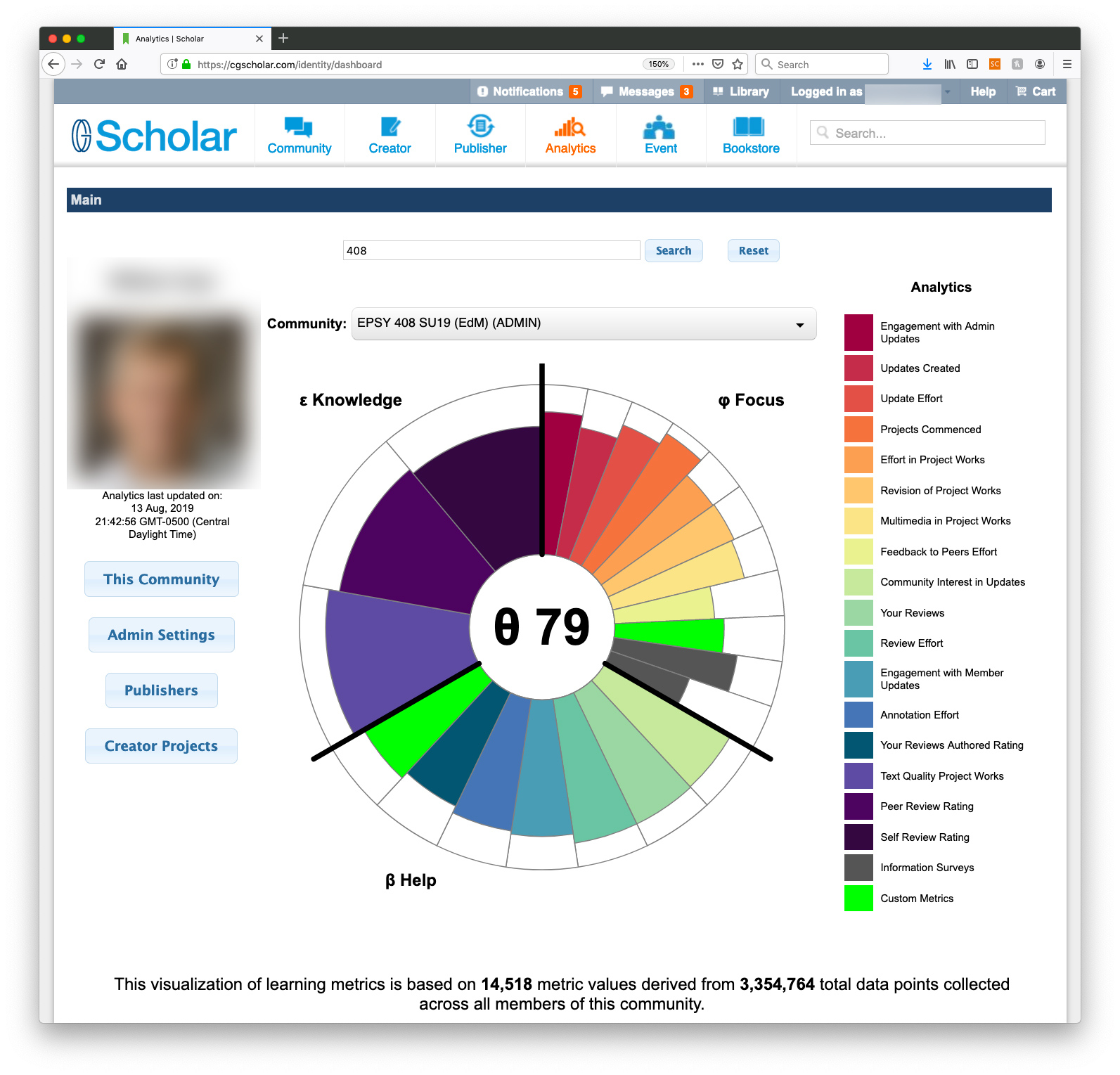The LDL Program and Our Research Agenda
The Learning Design and Leadership program is the outgrowth of two of the College of Education’s most successful online M.Ed. programs: New Learning and CTER (Curriculum, Technology, and Education Reform).
The CTER program commenced in 1998 and was one of the first online education programs in the world. (Perhaps it was the first. Please tell us if you know of an older program, because we don’t!) Since then, the program has grown and developed to include today tens of thousands of students taking MOOC versions of our courses. While school, college and university educators have been important members of our learning communities, program participants have also included many other professionals, such as developers of instructional software and materials, workplace learning and development professionals, museum professionals, NGO workers, and educational administrators.
The University of Illinois has a proud history of innovation in education. For over a century, the College of Education has been a world leader in educational research and thinking. As one of the top ranked education schools in the United States and the world, our graduate students have gone on to transform education on every continent.
It was at the University of Illinois that the world’s first e-learning system was invented, PLATO, in 1959. We continue this proud tradition of research and development with the CGScholar program, funded by the Institute of Educational Sciences, US Department of Education, the National Science Foundation and the Bill and Melinda Gates Foundation. In joining the Learning Design and Leadership Program, you will be working with professors and graduate students who are active education researchers and innovators in a leading “Research One” university. Our most recent research explores new frontiers in Generative AI, now used as a “hands-on” experience in all our classes.
We are inventing digital tools more appropriate for the human, creative, endeavors of learning. As we teach, we are also developing and testing the affordances of digital media. The LDL courses leverage a social learning platform, CGScholar. Developed colleagues in computer science and other disciplines across campus, students use this platform to access course materials, engage in discussions, create course deliverables, and review peers’ work. Since 2023, these learning processes have been supplemented by Generative AI, using the latest technologies to offer rich feedback to learners. This continues to be a site of research and development as we search for ways to realize our values in the world of digitally mediated meanings. To learn more about CGScholar, see our CGScholar research page, the Getting Started in CGScholar learning module, and tutorial videos.

This research-based learning ecosystem also assesses your work and measures your participation as you progress through each LDL course, across a number of elements that are represented in an analytics tool, accessible to the instructor and the course participant. CGScholar‘s Analytics app tracks aspects of learning across three domains, Knowledge, Focus and Help—our courses value and reward collaboration, peer-to-peer feedback, and shared knowledge making.
In This Section